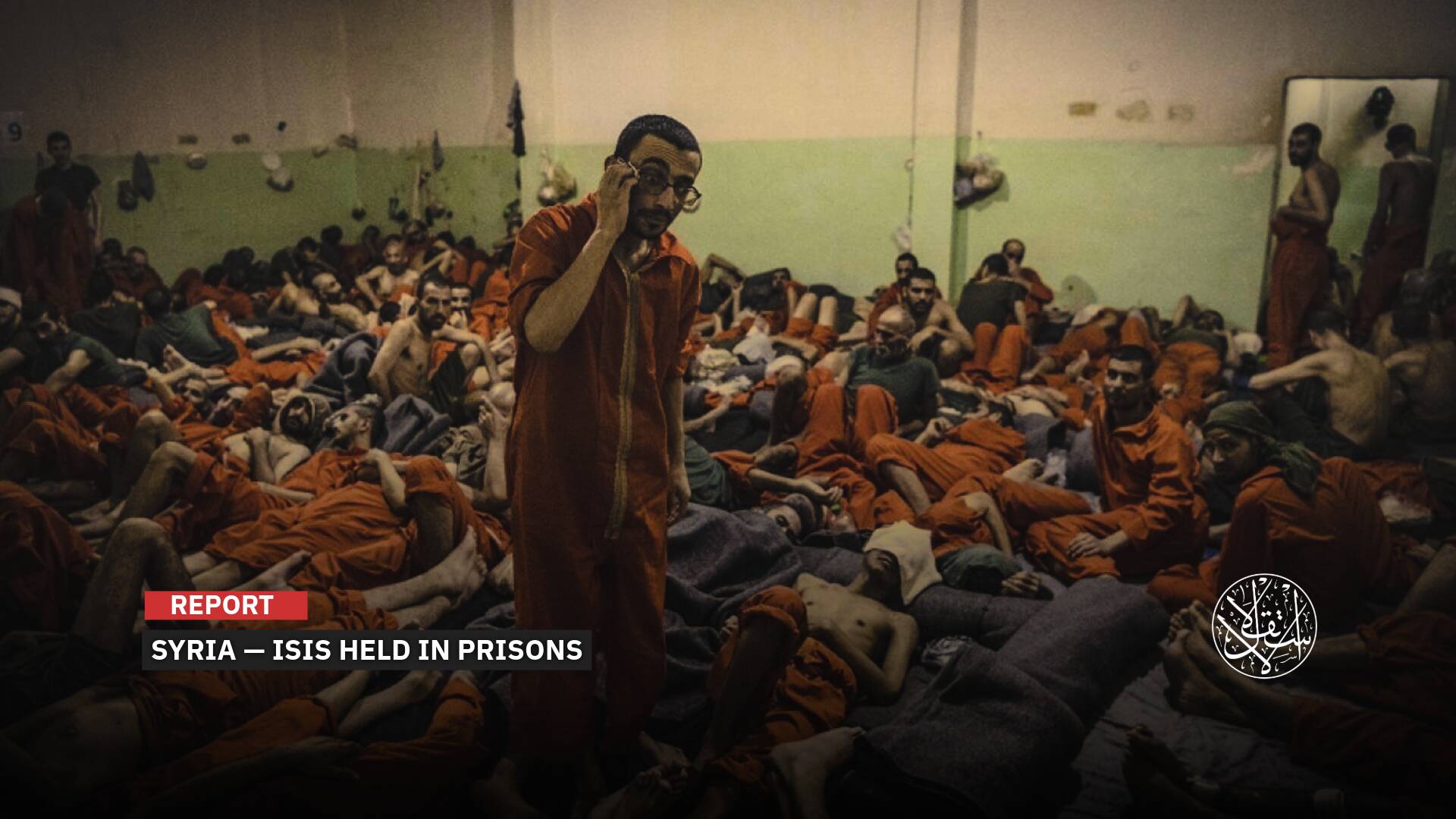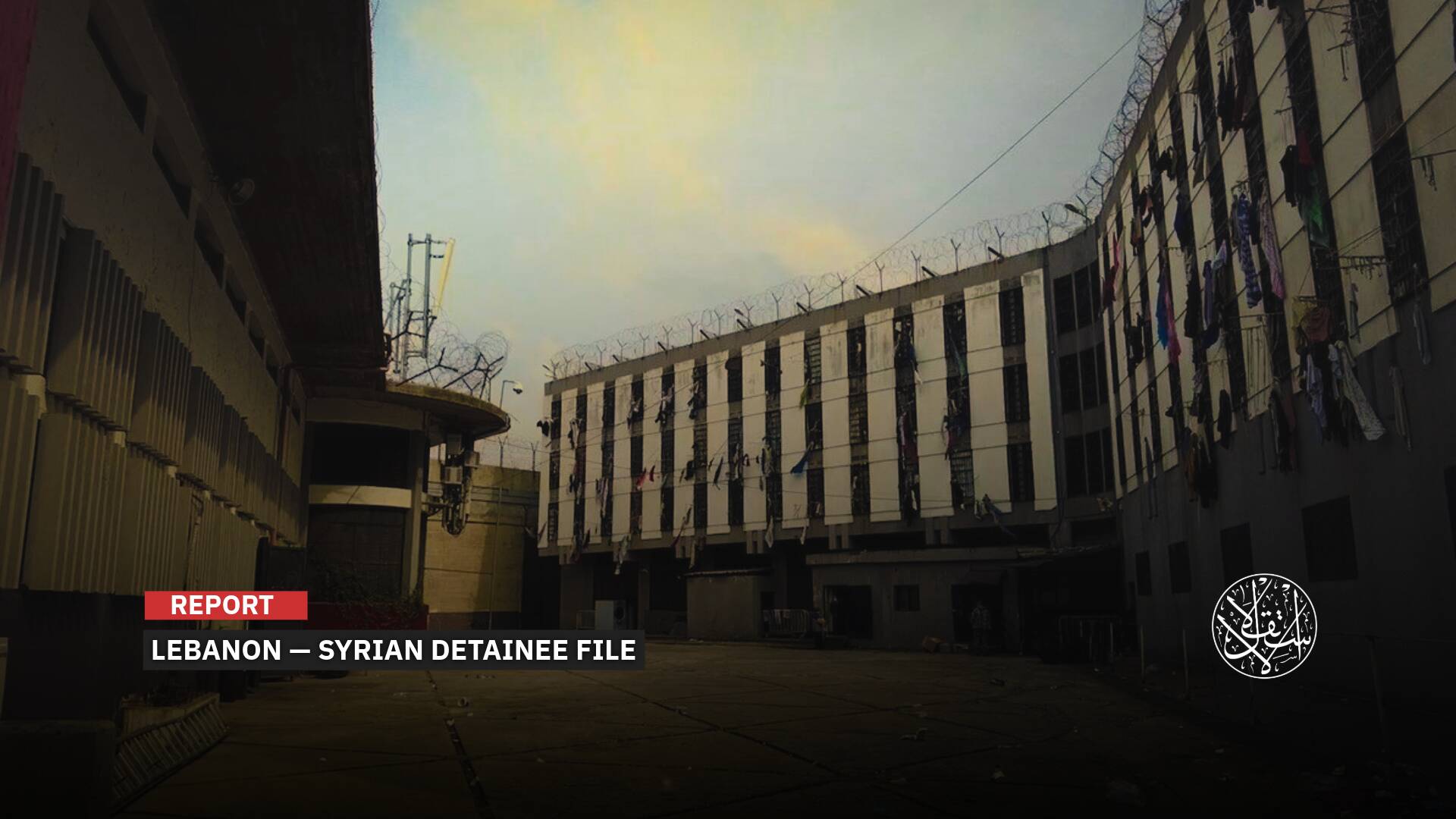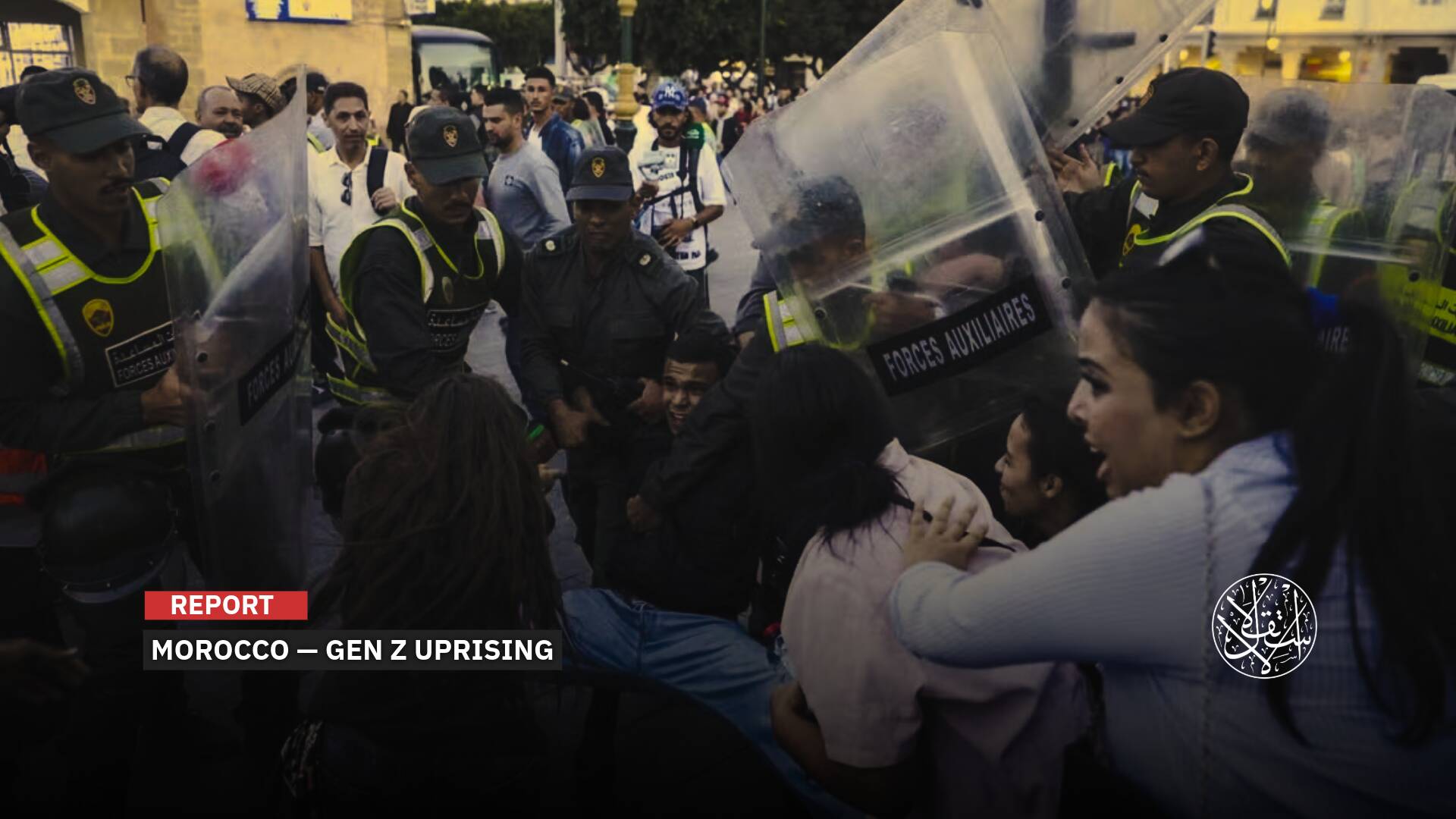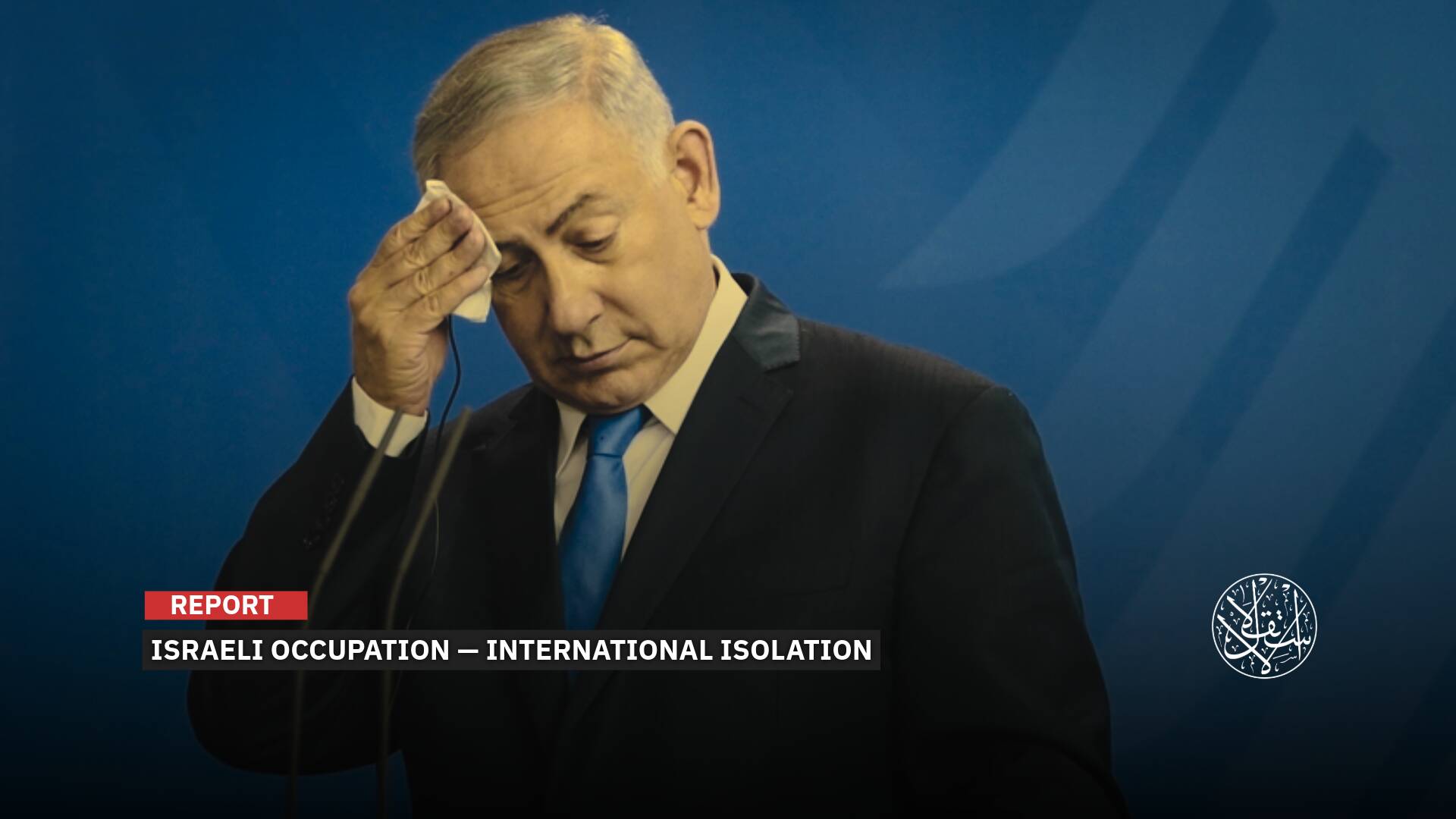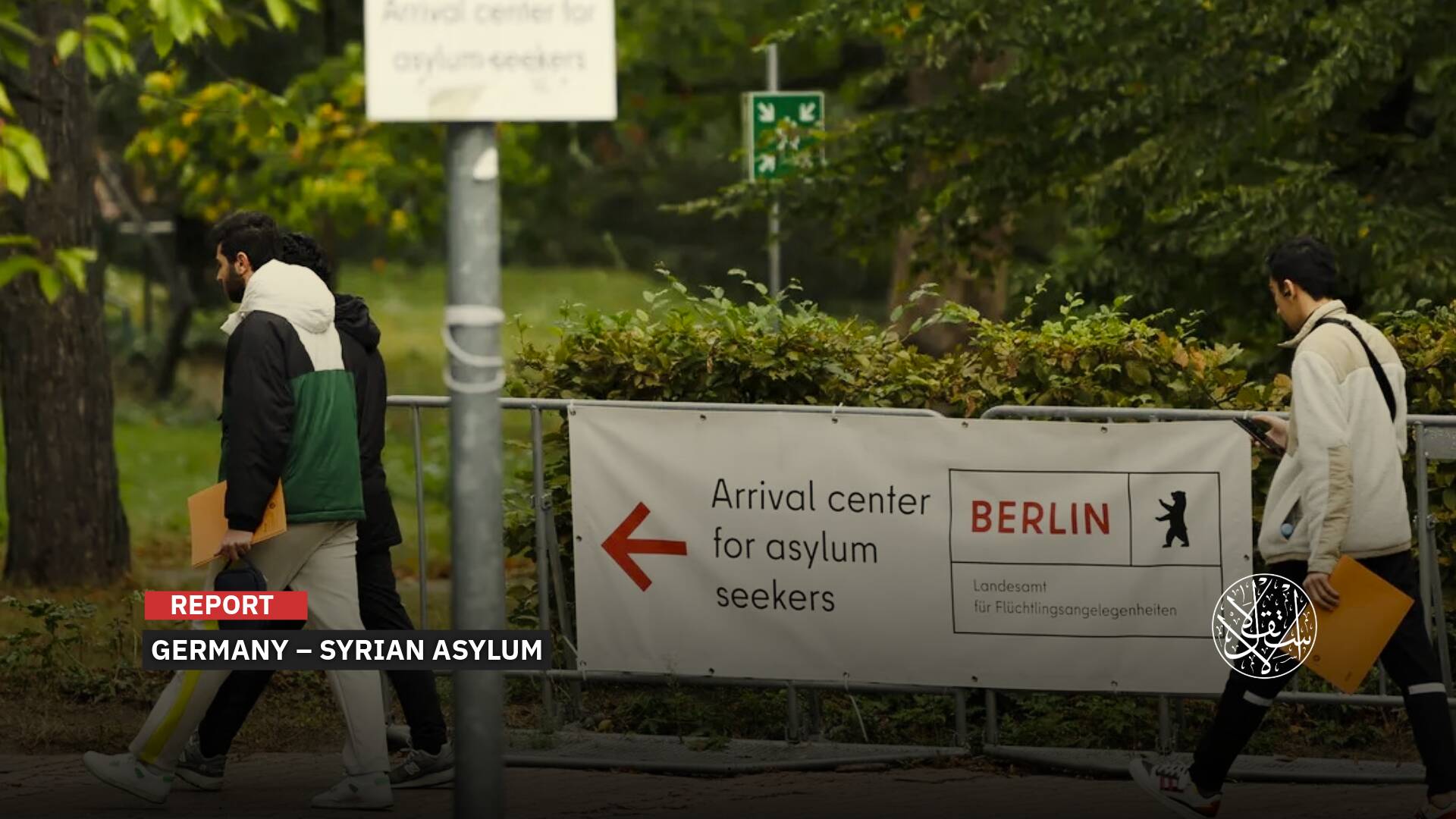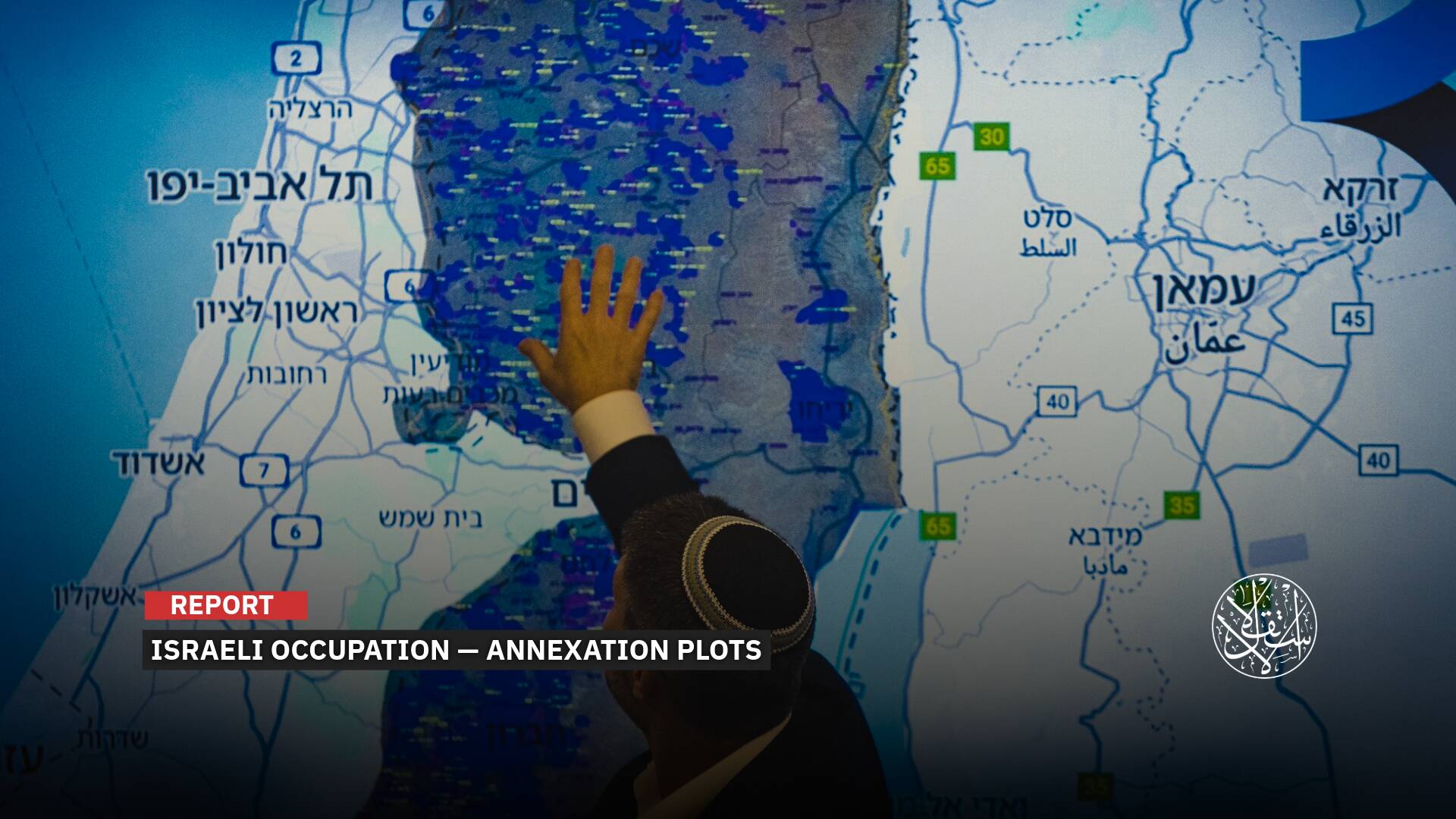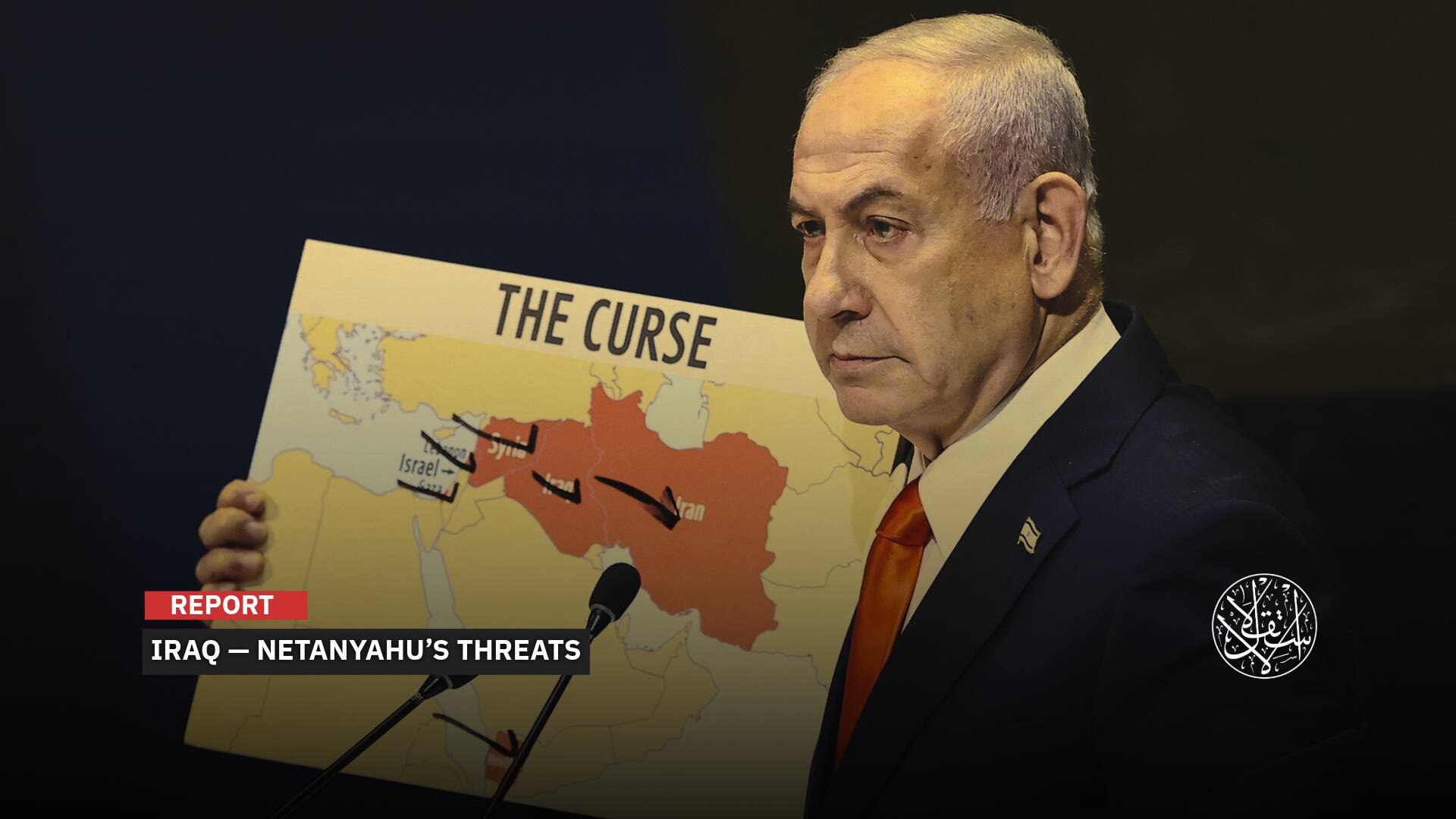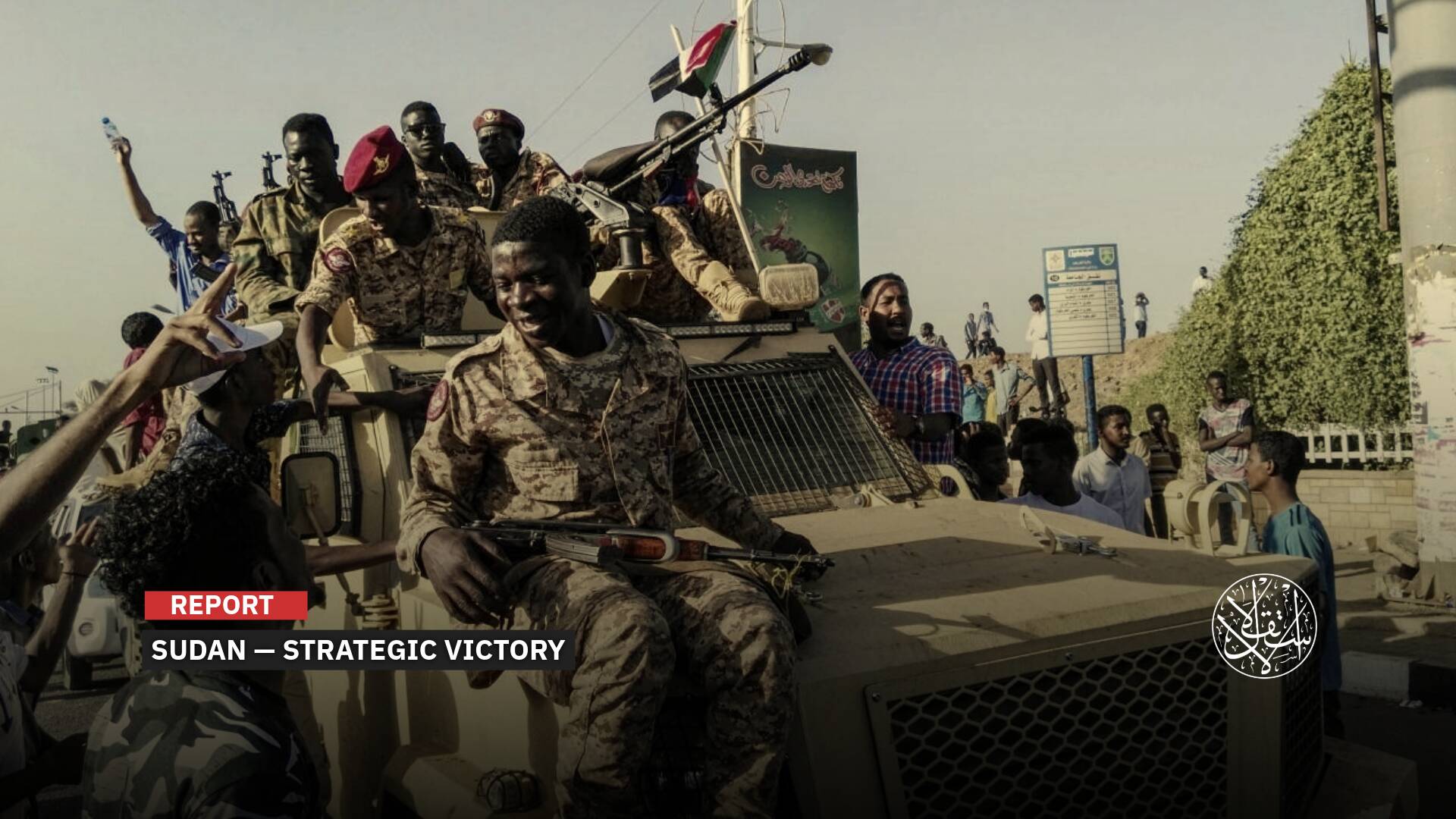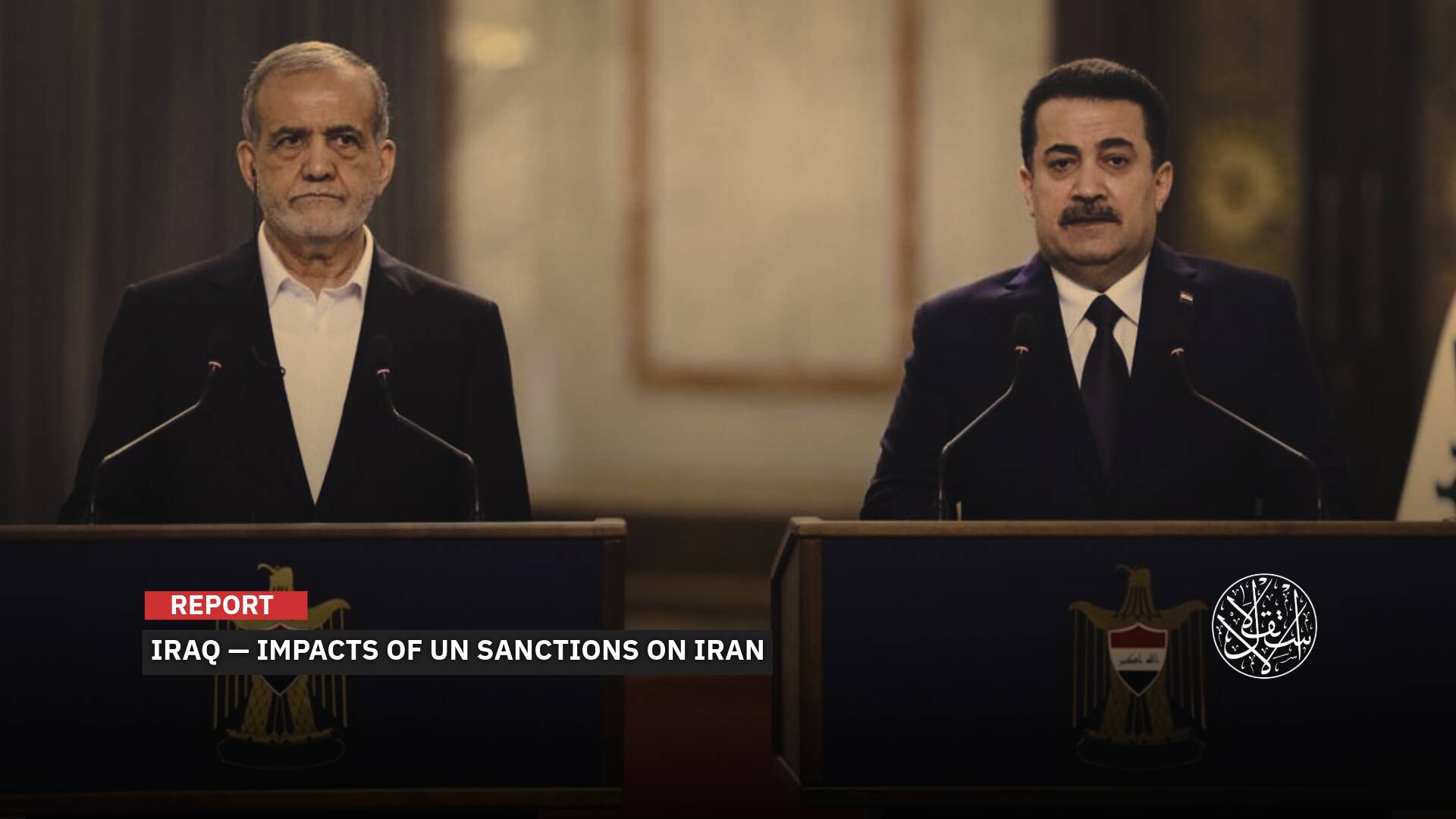This Is How Southern Cyprus Turned the Buffer Zone Into a Terrifying Prison for Migrants

Some of those stranded are suffering from severe illnesses and mental health issues.
The buffer zone between the two divided parts of Cyprus has turned into an open-air prison for stranded migrants, as Nicosia demonstrates its firm stance against the flow of migrants from Turkiye, even at the expense of "violating international law."
The buffer zone, also known as the Green Line, stretches 180 kilometers from the northwest to the southeast of the island, passing through Nicosia. Within this zone lies a camp where undocumented migrants live in conditions described as catastrophic.
Southern Cyprus, or Greek Cyprus, has been a member of the European Union since 2004 and the Eurozone since 2008, with a strategic location at the crossroads of Europe, the Middle East, and Africa.
The Buffer Zone
The northern part was established by Turkiye through the Turkish Republic of Northern Cyprus in 1983, a state recognized only by Ankara, with a population of 410,000.
The last round of negotiations to reunify the island failed in 2017.
Currently, Cyprus views itself as a long wall to block the flow of migrants seeking to enter the European Union, fleeing wars and the oppression of authoritarian regimes in their home countries.
Many undocumented migrants arrive in southern Cyprus from the north via the buffer zone, while others reach the island from the coasts of Lebanon, Syria, and other countries.
The authorities assert that asylum seekers now make up 5% of the southern part of the island's population, which totals 915,000.
On August 9, 2024, the United Nations High Commissioner for Refugees (UNHCR) reported that Cypriot authorities had gathered dozens of migrants and pushed them into the UN-controlled buffer zone, which they had crossed to seek asylum.
UNHCR spokesperson Emilia Strovolidou clarified that up to 99 asylum seekers were returned to the buffer zone between mid-May and August 8, 2024.
Strovolidou added that the agency is working to resolve the issue of these asylum seekers, urging Cypriot authorities to process their applications and implement measures to prevent more migrants from becoming stranded in the buffer zone.
For fifty years, since Turkiye's peace operation in Cyprus began on July 20, 1974, the UN-controlled neutral zone on the island has remained largely untouched.
The buffer zone contains abandoned homes, closed businesses, and the deserted Nicosia International Airport.
In two areas of the buffer zone, the United Nations has set up makeshift tents for the stranded migrants.
Almost all of these migrants are known to have traveled from Turkiye to Northern Cyprus on various visas, attempting to cross into the internationally recognized southern Cyprus before being stopped by authorities.

Deteriorating Conditions
Today, these stranded individuals have become victims of a standoff between a government that refuses to accept them and the United Nations, which asserts that Cyprus is obligated to do so under international agreements.
This impasse has left men, women, and children stranded in two different locations along the buffer zone, living in tents under extreme heat, without running water or electricity. They use plastic toilets, and their showers consist of a box covered with tarpaulin and a bucket of water.
Most of those stranded come from countries like Syria, with 13 individuals, as well as Iran, Afghanistan, Nigeria, Somalia, Bangladesh, Sudan, Iraq, and Palestine. Among them are 18 minors, six of whom are unaccompanied.
The United Nations is providing asylum seekers with military rations, tents, blankets, toilets, and washing facilities, but they continue to face severe summer heat, dust, humidity, and bitter cold in winter.
In this context, Emilia Strovolidou, speaking to the Associated Press on August 9, 2024, highlighted that their humanitarian needs are increasing, and their physical and mental health is deteriorating as some have been enduring these conditions for nearly three months.
She noted that some are suffering from serious illnesses such as cancer, asthma, and severe mental health issues.
Aleem Siddique, a spokesperson for the United Nations Peacekeeping Forces in Cyprus, called for an immediate halt to the pushbacks and urged Cypriot authorities to meet their obligations under international law and European law.
“In nearly all instances, the asylum seekers found their way into government-controlled areas from where they were intercepted by the Cyprus Police and forcibly dumped into the buffer zone after having their passports and mobile phones confiscated,” Siddique told AP.
He said the U.N. has shared video evidence of the “pushback operations” with Cypriot authorities.
“The buffer zone is not a refugee camp,” Siddique said.
In 2023, EU data showed that Cyprus recorded the highest number of initial asylum applications per capita among the 27-member bloc. Cyprus had a rate of 13 applications per 1,000 inhabitants, surpassing Greece and Austria (six applications each), while the EU average was only two.
However, Cypriot President Nikos Christodoulides reinforced security measures near the buffer zone following his election in 2023.
When British High Commissioner to Cyprus Irfan Siddiq visited the buffer zone on July 29, 2024, he expressed regret on X over the catastrophic living conditions faced by the migrants and called for an "urgent solution.”
Previously, in mid-June 2024, the United Nations had urged Cyprus to allow these migrants to file asylum applications. The UN force in Cyprus stated that they need to start the asylum procedures stipulated by national, European, and international laws.
Yet, Cyprus remains steadfast in its refusal, stating that the country’s decision not to accept these individuals is driven by the need to ensure that the Green Line does not become a corridor for migrants, according to a statement from the Cypriot Ministry of Migration and International Protection.
“Since these individuals came from Turkiye to enter Northern Cyprus, it is Ankara’s responsibility to proceed with their asylum procedures,” according to the statement.
In late July 2024, Agence France-Presse interviewed some of the stranded individuals. Hussein Zareh, sitting on a plastic chair under the trees, explained that he fled Iran with his wife and daughter hoping to enter the European Union and start a new life in France. The family arrived in Istanbul in May 2024, then in Northern Cyprus, but was stopped when they tried to cross into the south through the buffer zone.

Deterrence Model
It is evident, according to observers, that Cyprus intends to use the buffer zone as a powerful symbol of its immigration policy, suggesting to potential migrants that a bleak and uncertain future awaits them on the island.
Cypriot officials repeatedly assert in official statements that they will not allow a new route for illegal migration, and Nicosia boasts that it will continue its effective oversight of the buffer zone.
In a stringent move, Cyprus suspended the processing of Syrian asylum applications in April 2024 following a sharp increase in irregular sea arrivals.
Human rights lawyer Nicoletta Charalambidou disputes the Cypriot government's claim of compliance with international and European law. Charalambidou initiated legal proceedings in August 2024 on behalf of 46 stranded migrants, aiming to compel the Cypriot authorities to permit them to file asylum applications.
Charalambidou told the Associated Press on August 9, 2024, that the government is obligated to allow these individuals to submit asylum applications.
A notable aspect of the plight of these stranded individuals is that if they return to the North, they will face the risk of deportation, as the administration there lacks the legal infrastructure necessary to provide asylum.
Conversely, Anita Heber, a spokesperson for the Internal Affairs Commissioner, states that member states are required to accept asylum applications, even within the buffer zone. She clarified in a statement released on June 10, 2024, that the right for any person to apply for international protection on the territory of a member state, including at its borders or in a transit zone, is stipulated by EU law, implying that these individuals have the right to seek asylum in Cyprus.
Regarding asylum in Cyprus, over 2,000 irregular migrants arrived by sea in the first three months of 2024, compared to 78 during the same period in 2023, according to Cypriot government figures.
The suspension of asylum processing has left over 14,000 Syrians in a state of uncertainty, with many waiting for responses to their asylum applications for over a year, according to the UNHCR.
Most of these individuals are entitled to food and shelter in Cyprus, though they do not have the right to work.
Under a decision made in April 2024, any person returning to Syria within 12 months (from the date of the decision) via Northern Cyprus will no longer have international protection rights, facing the risk of deportation.
Today, these stranded migrants at least hope to cross the buffer zone into the south to be accepted into government facilities.
However, those in the buffer zone are currently uncertain about what will happen to them or how long they will remain there.
They fear that the "uncertainty" surrounding their fate continues to be used as a pressure tactic by Cyprus, especially during the migration season, which typically slows down with the onset of winter.
Notably, in one case in 2021, two Cameroonian nationals were trapped in the buffer zone for seven months before being transferred to Italy following a visit by Pope Francis to Cyprus.


